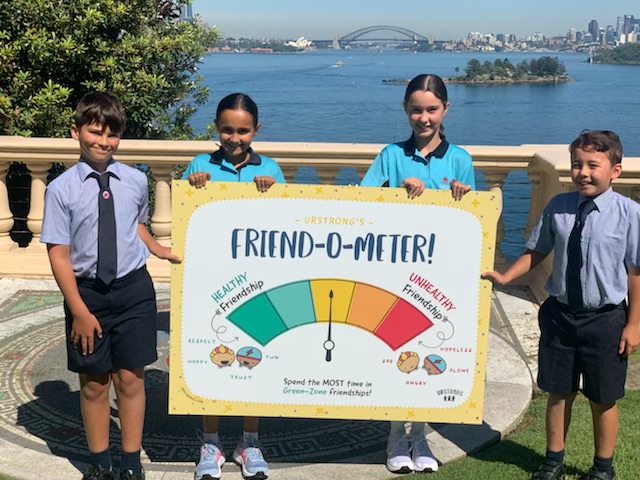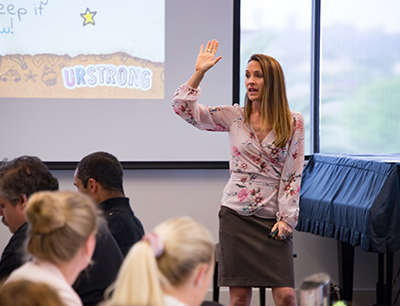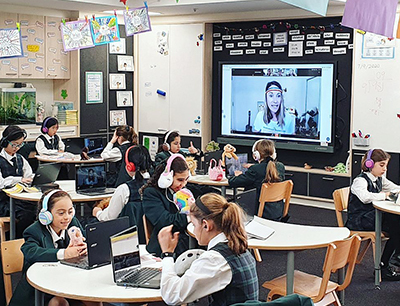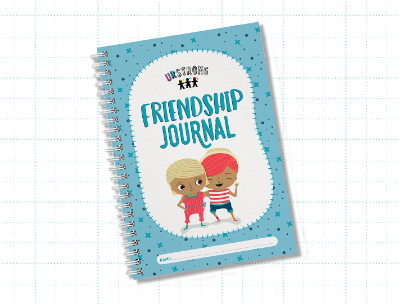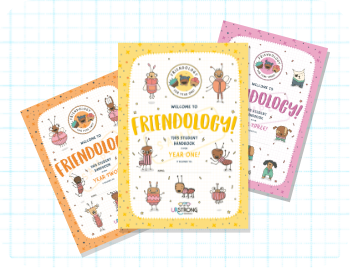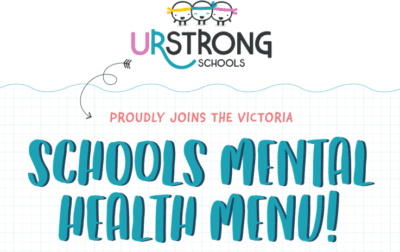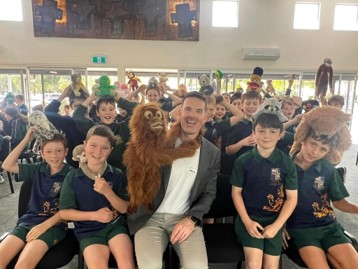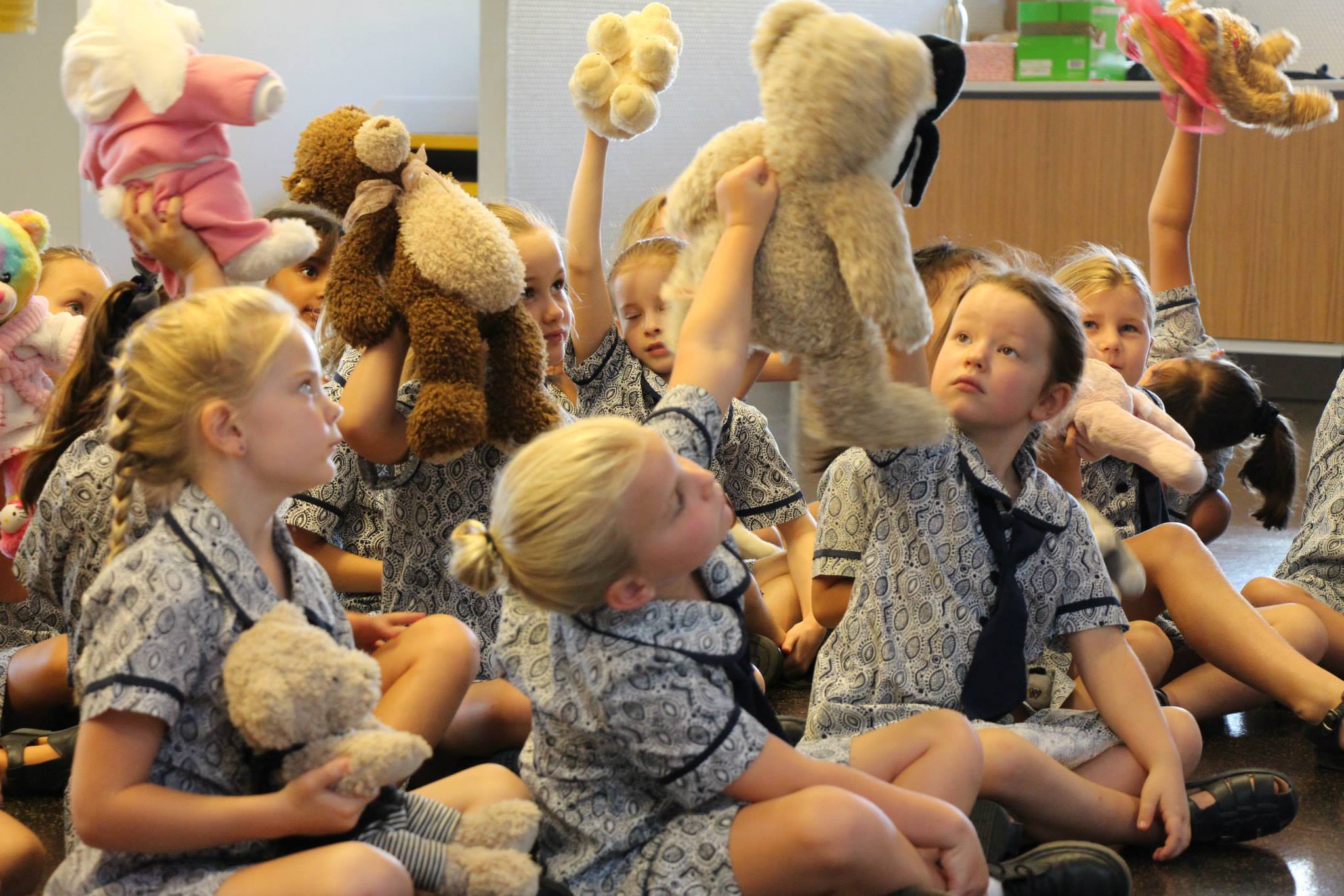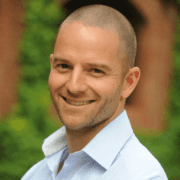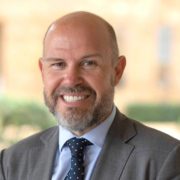URSTRONG is a school-wide relationship strategy that can complement existing wellbeing programs or serve as the foundation for an emerging social-emotional wellbeing program at your school.
What’s unique about URSTRONG is that everything we do is through the lens of friendship skills. This is because all of the wellbeing science proves that relationships are the heart of wellbeing. Research shows that healthy friendships in childhood and adolescence promote positive mental health improving reslience, self-concept, a sense of purpose, academic performance, and attitudes towards learning (Vitaro F., Boivin M., & Bukowski W.M., 2009). We also know that when children experience unhealthy friendships, conflict in friendships, or social isolation, they often display symptoms of anxiety, depression, and have difficulty learning. In addition, children who are struggling socially are more likely to disengage and avoid school. Ultimately, when we get friendships right in schools, students flourish.
Our Friendology 101 Facilitator’s Guide demonstrates how our curriculum aligns with CASEL’s SEL framework and Positive Education’s PERMA model. We have also built out a number of resources that demonstrate how to align our friendship strategy with other social-emotional frameworks. For example, Zones of Regulation, Character Strengths, and theoretical frameworks focused on neuroscience, such as Dan Seigel’s Flipping Your Lid model of the brain and Ash Buchanan’s Benefit Mindset (an evolution of Growth Mindset). In our Friendology 101 Educator Training, we discuss other programs and resources that have a natural fit with our social-emotional wellbeing approach (e.g. Bucket Filler resources, Kimochis, Leader in Me, PBL, Restorative Practices, Berry Street, etc.).
Be sure to get in touch to learn how schools at different stages of their wellbeing journey have integrated URSTRONG into their wellbeing frameworks.

